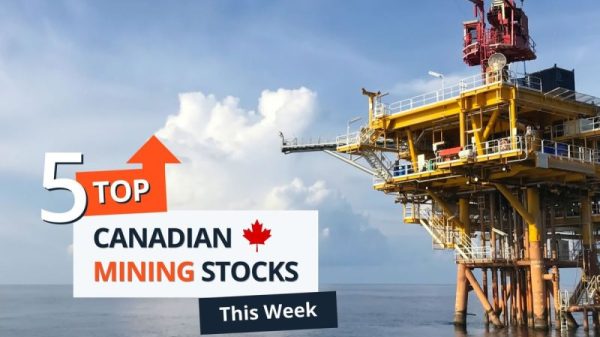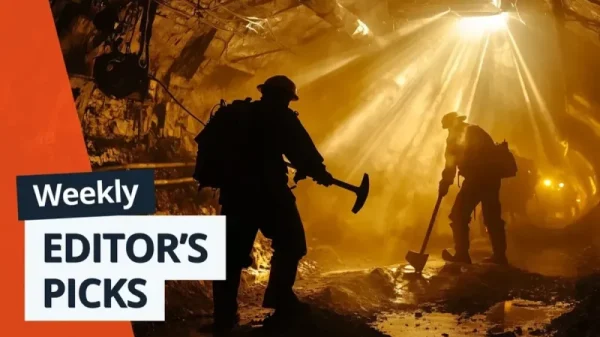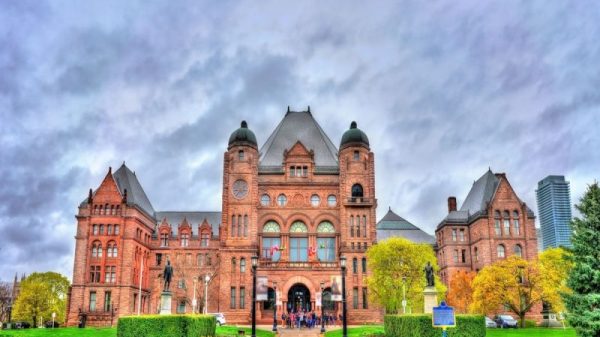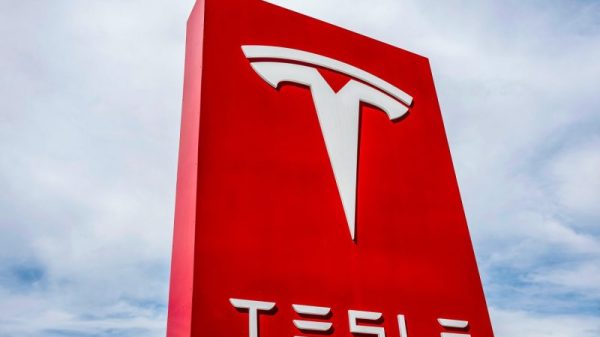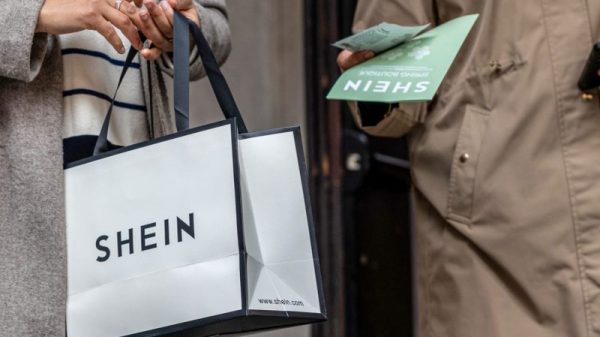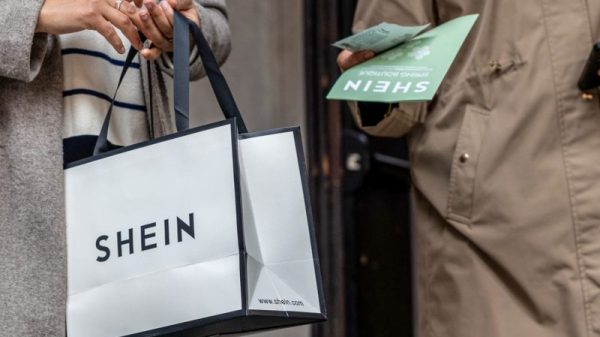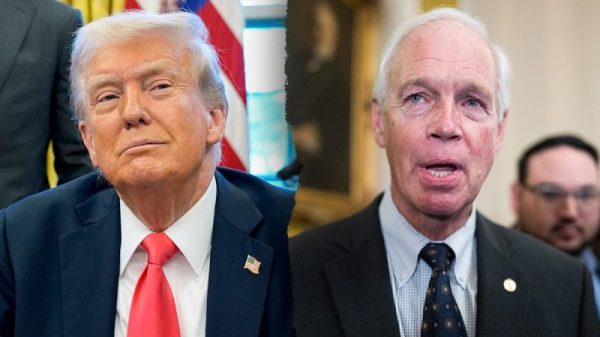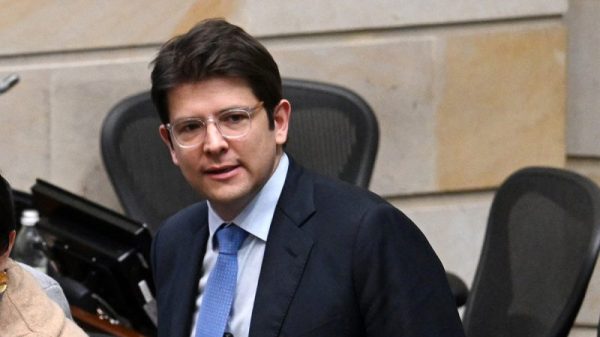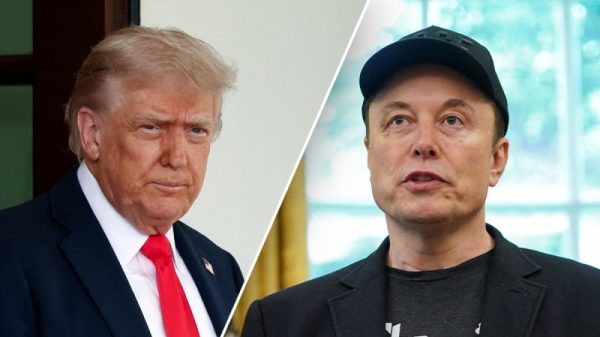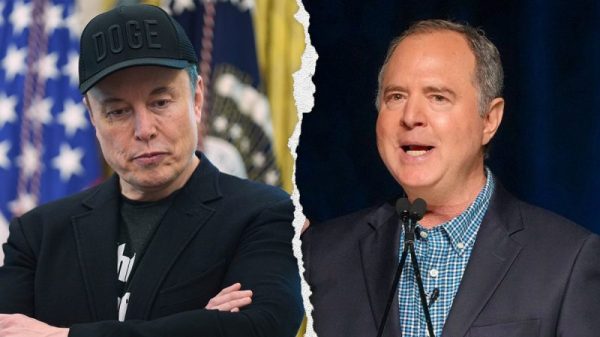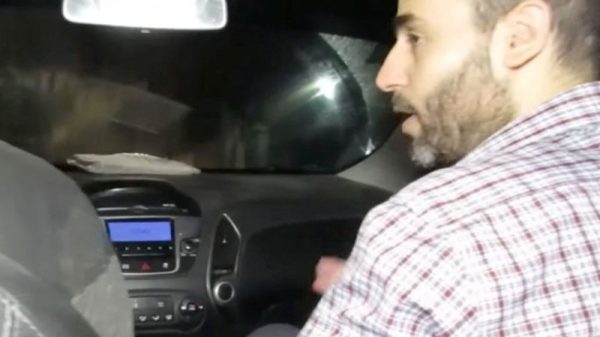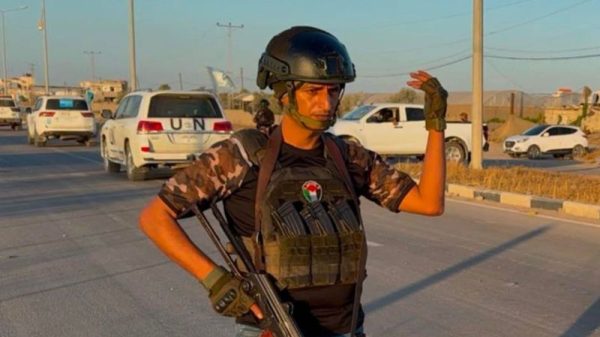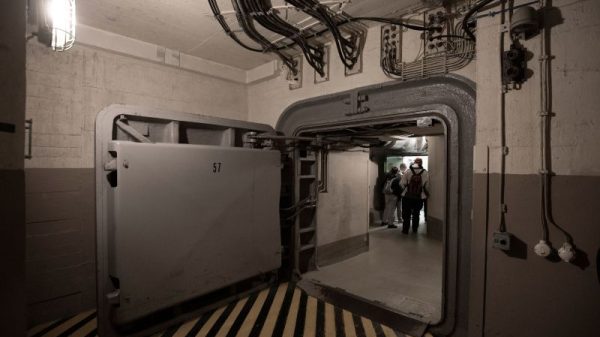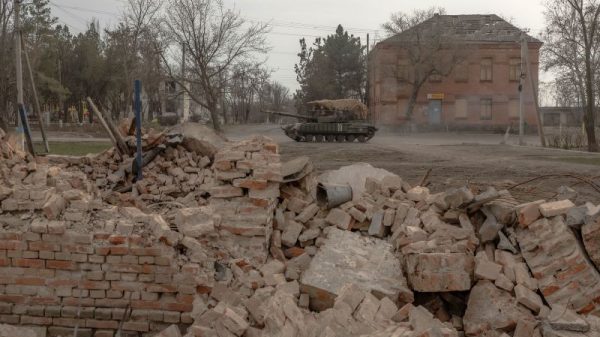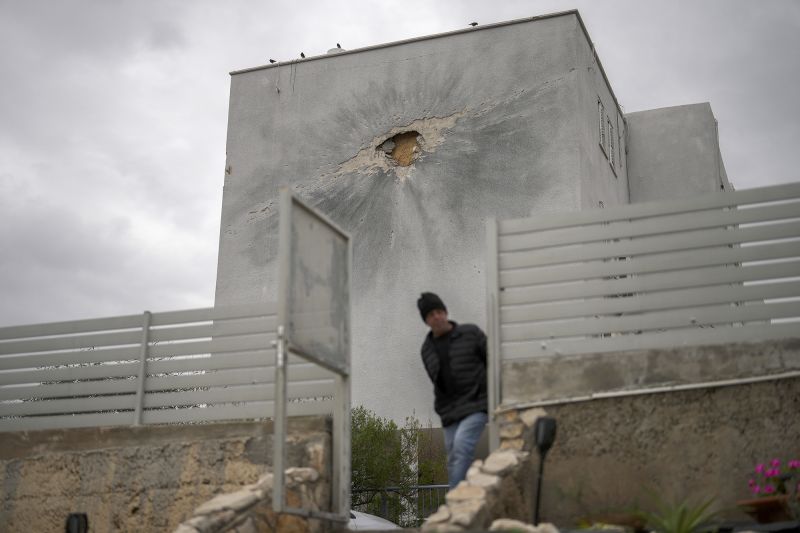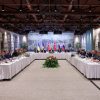A ceasefire deal between Israel and Hezbollah in Lebanon is now in force, but many residents of Israel’s northern communities refuse to return home, while those who have remained say the deal is unlikely to bring permanent peace.
The Israeli security cabinet voted on Tuesday to approve the United States-brokered deal, ending more than a year of hostilities that have killed thousands.
Hours into the ceasefire, Shtula remained a ghost town, with only a handful of residents living there.
The town is one of the most dangerous places in northern Israel, having faced the threat of Hezbollah’s anti-tank missiles for months. Residents worry that the threat will persist beyond a ceasefire.
Ora Hatan, who remained in her home in Shtula, said the morning of the ceasefire deal was “unusual” after months of relentless artillery fire.
Hatan’s fears have not, however, subsided with the ceasefire deal. “I don’t know how long it will hold – this agreement,” she said. “Nobody knows.”
But unlike other northern residents who would have liked to see Israel deepen its military offensive in Lebanon and establish a buffer zone in southern Lebanon, Hatan said she does not know what option the Israeli government had other than to reach a deal.
“What other option that we have? To arrive to Beirut?”
The 60-day ceasefire aims to implement United Nations Security Council Resolution 1701, a nearly two decade-old agreement that stipulated that the only armed groups present south of the Litani River should be the Lebanese military and UN peacekeeping forces.
This means that neither Israeli forces nor Hezbollah fighters are permitted to operate in southern Lebanon. While the resolution was established in 2006, both Israel and Hezbollah have accused one another of breaching it multiple times since.
Tuesday’s deal was hailed by world leaders, including US President Joe Biden, who also sought to reiterate that Israel “retains the right to self-defense” if Hezbollah “or anyone else” breaks the agreement.
Israeli President Isaac Herzog said the Lebanon ceasefire deal needs to ensure the safety of residents in northern Israel. “The emerging arrangement will have to meet only one test – guaranteeing full security for all residents of the north,” he posted on X Tuesday.
Hezbollah ‘will come back bigger and stronger’
While mediators hope the ceasefire deal and Resolution 1701 could form the basis of a lasting truce, many northern Israelis are less optimistic.
Before the ceasefire deal came into effect, some residents of the northern city of Nahariya were skeptical of the viability of a ceasefire deal between their country and Hezbollah in Lebanon.
Nahariya is just six miles (10 kilometers) from the border with Lebanon.
Guy Amilani, a resident of nearby Kibbutz Eilon who was in Nahariya for the afternoon, said he hoped a ceasefire would now bring peace, but did not believe any cessation of hostilities would be permanent.
“It will be two years of quiet then they (Hezbollah) will start to shoot again,” he said. “Then in 30 or 40 years, my kids will guard the Kibbutz gates from whatever evil will come.”
An Israeli security official said Wednesday that residents of northern Israel can decide for themselves when to return home, adding that the decisions will vary between different communities and their proximity to the border. Issues relating to reconstruction and damage will also affect when people can return, the official added.
In September, Israel added a new objective to its ongoing war, turning its focus to the Lebanon border and the thousands of evacuated citizens. It came as officials and residents of Israel’s northern region grew increasingly vocal about the need to return to their homes, piling pressure on the government to act against the threat of Hezbollah’s rockets from southern Lebanon.
More than 62,000 people have been displaced from northern Israel since Hezbollah began firing at the Israeli-held Shebaa Farms the day after the Hamas-led October 7 attacks, triggering more than a year of tit-for-tat strikes. The war has also displaced more than 94,000 Lebanese across the border, according to the Lebanese Ministry of Public Health.
Hezbollah has said it fired in solidarity with the Palestinians of Gaza as Israel began bombarding the strip in response to the October attacks, which killed approximately 1,200 people in Israel and saw another 251 taken hostage.
‘I can’t tell anybody to come back in this reality’
On Tuesday, Israeli Prime Minister Benjamin Netanyahu told mayors of Israel’s northernmost communities that he will not immediately push residents to return to their homes following the ceasefire agreement with Hezbollah, according to a mayor who attended the meeting.
The meeting between Netanyahu and the mayors was a contentious one, coming after several mayors – including Shtern – slammed the ceasefire deal as a “surrender agreement.”
“I left very frustrated,” Shtern said, adding that Netanyahu did not manage to convince him that the agreement would leave his community safe.
Shtern said he feared Hezbollah would re-infiltrate southern Lebanon and once again pose a threat to Israel’s northern communities.
While Shtern acknowledged that the Israeli military dealt a severe blow to Hezbollah in recent months, he did not believe it would be enough to keep Hamas from regrouping and posing a threat to his community again.
“I can’t tell anybody to come back in this reality,” he said.
On Wednesday, Shtern said in a video statement: “No one is coming home, there is no decision to return.”
Ori Eliyahu, a formerly displaced resident of Shtula who returned to the border town two months ago, panned the Israeli government as a “joke” for negotiating a ceasefire agreement.
“They’ve done nothing. An anti-tank missile was shot here two days ago,” Eliyahu said Tuesday. While he has returned, he said residents with children were unlikely to do so – distrusting the deal with Hezbollah.
“Of course we do not trust them (Hezbollah),” he said.

